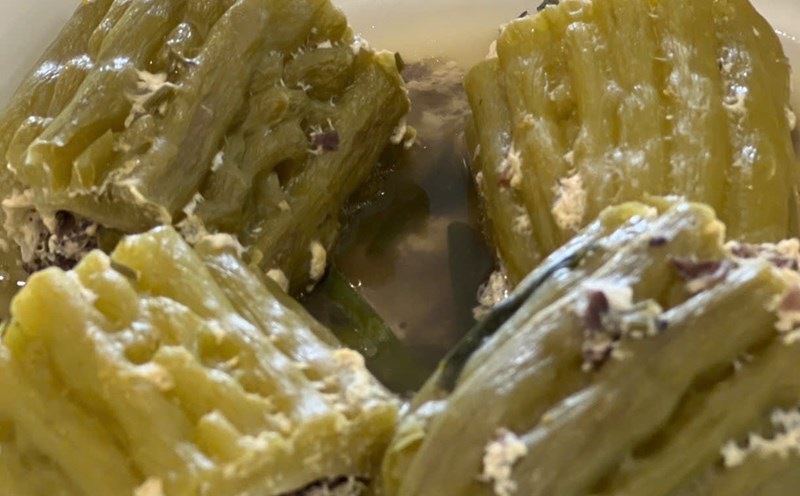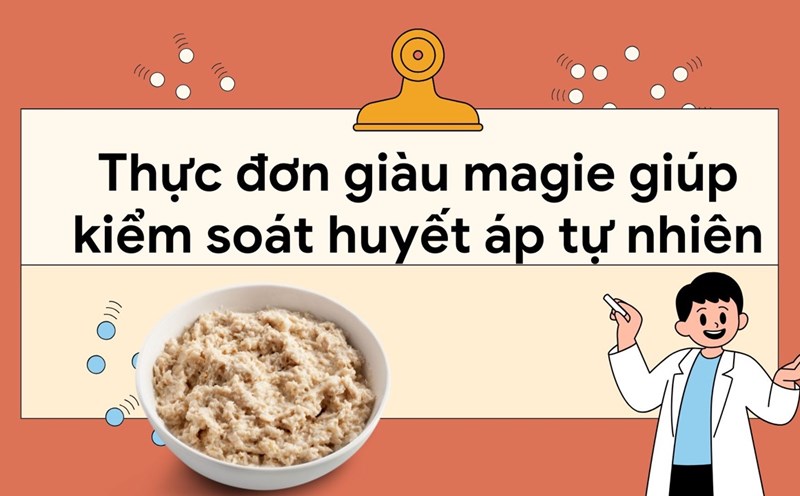hibiscus tea (from red artichoke flowers) is a drink with a mild sour taste, characteristic ruby red, rich in anthocyanins, a powerful antioxidant that dilates blood vessels, improves endothelial function and reduces blood pressure on the artery walls.
Drinking 2-3 cups of hibiscus tea per day helps reduce an average of 7.6 mmHg of subjective blood pressure and 3.5 mmHg of subjective blood pressure after 4-6 weeks, the same effect as some mild drugs in the early stages of the disease.
Blood pressure control mechanism of hibiscus tea:
Natural blood vessel dilation: The polyphenols and anthocyanin in hibiscus help increase the production of nitric oxide, a substance that dilates smooth blood vessels, thereby reducing peripheral resistance and lowering blood pressure.
Light diuretic, reducing blood circulation volume: Hibiscus has a mild diuretic effect, helping to remove excess salt, one of the causes of high blood pressure.
Reduces inflammation and oxidative stress: Regular consumption of hibiscus helps reduce CRP (C-reactive protein), marking inflammation of blood vessels, a risk factor for high blood pressure and cardiovascular disease.
How to make hibiscus tea properly to effectively lower blood pressure:
Ingredients:
1-2 tablespoons dried red artichoke flower soup (or 5-7 fresh flowers)
300 500ml boiling water
A slice of lemon ( Helps enhance flavor and absorb antioxidants)
How to make:
Wash dried artichoke flowers in warm water.
Add the flowers to the boiling water, simmer for 10 minutes.
Filter out the water, can drink hot or let cool as cold tea.
Do not add sugar or artificial sweeteners if you are controlling your blood pressure or blood sugar.
Ideal time: Drink in the morning and early afternoon. Do not drink it too close to bedtime because the mild diuretic effect can disrupt sleep.
The American Heart Association (AHA) recognizes hibiscus tea as one of the herbal drinks that naturally help lower blood pressure, if consumed regularly and combined with a reduced-salt diet.
The World Health Organization (WHO) in its 2023 nutritional recommendations also emphasizes the role of plant polyphenols in controlling blood pressure, and hibiscus is one of the outstanding natural sources.
The European Journal of Clinical Nutrition (EJCN) released survey results showing that: hibiscus tea users for 6 weeks have a significant reduction in subjective blood pressure, while improving blood lipid index.











